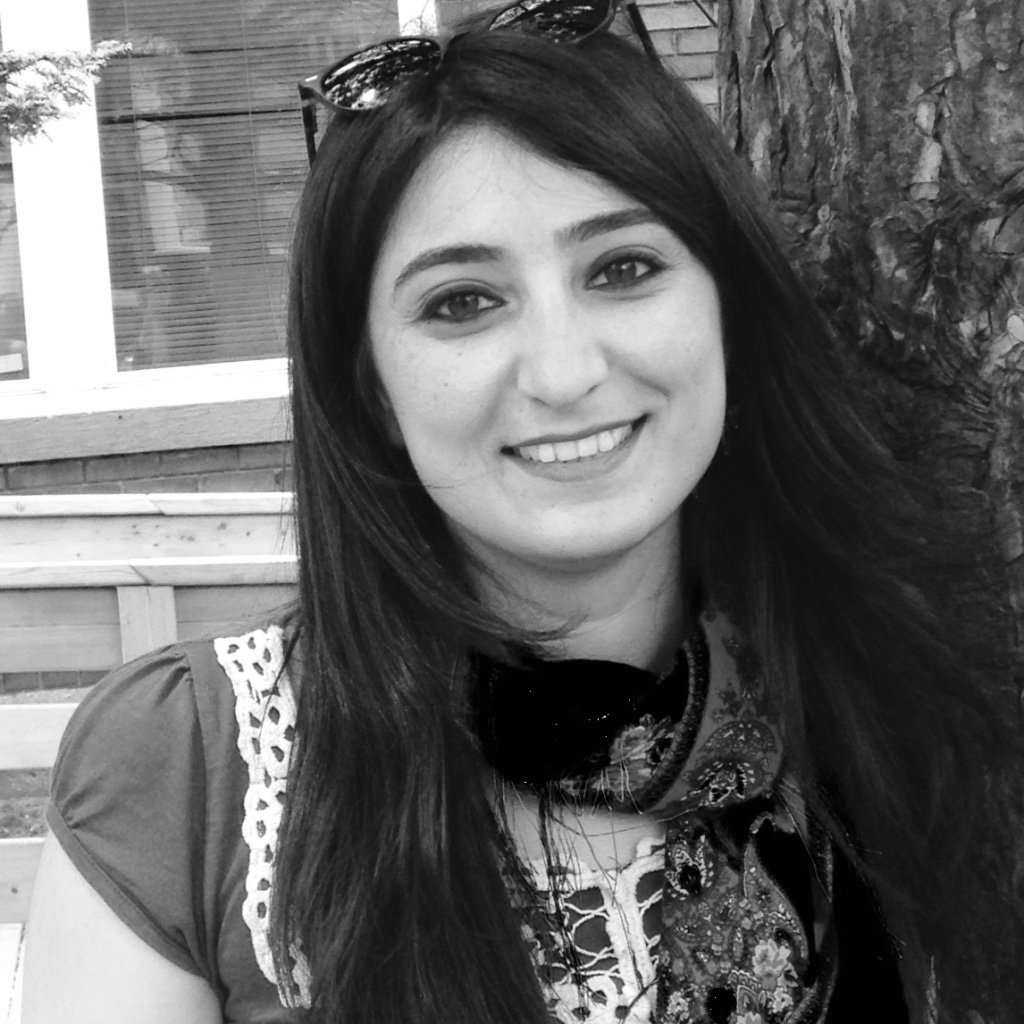
Dr. Gülay Kilicaslan
Gülay Kilicaslan is a political sociologist holding a PhD from the Department of Sociology at York University, Canada. Her dissertation examines the impacts of forced displacement on the dynamics of political mobilisation in the context of Kurdish contentious politics.
Current affiliation
- Carleton University, Department of Law and Legal Studies, Canada
Hosting institute
Contact
- Email: …
Key expertise
- Critical forced migration studies
- Refugee law and politics of citizenship and resettlement
- Nation-state and border violence
- Resistance and social movements in the Global South (particularly in the Middle East)
- Digital activism and culture
Regional expertise
- Türkei
- Kanada
- Kurdistan, Middle East, Central Europe
Profile according to FFVT taxonomy
Fields of research
- Migration Research
Scientific topics
- Refugee Law
- Causes Of Displacement
- Borders
- Identity
- Information And Communication Technologies
- National Refugee And Asylum Policies
- Migration Routes, Refugees’ Journeys
- Infrastructure Of Flight / Forced Migration
- Racism
- Self-Organization
- Transnational Networks
Disciplines
- Law
- Sociology
Professional Career
Ph.D. (York University)
M.A. (Bogazici University)
B. Sc. (Middle East Technical University)
Relevant publications
- Kilicaslan, G., Tesfai, A., Hynie, M., Dedeoglu, C. E., Karimi, R., Taylor, P. Social Trust Among Refugees: Using a Human Rights Lens to Understand Refugee Experiences. In F. M. Moghaddam & M. J. Hendricks (eds.), Immigrants: Psychological Research. 2022. American Psychological Association.
- Kilicaslan, G. From Solidarity to Exploitation: Lives of Kurdish Forced Migrants in Istanbul (Dayanışmadan Sömürüye: Zorla Yerinden Edilen Kürtlerin İstanbul’dakiYaşamları). 2019. beyond.istanbul Journal, 7 (2): pp. 118-126.
- Kilicaslan, G. Migrants’ Agency & Right to the City. In Peter Nyers (eds), States of Refuge: Keywords for Critical Refugee Studies. 2019. IGHC Working Paper Series, 19 (1): pp. 37-38.
- Kilicaslan, G. Forced Migration, Citizenship, and Space: The Case of Syrian Kurdish Refugees in İstanbul. 2016. New Perspectives on Turkey, 54, pp. 77–95. DOI.
- Kilicaslan, G. Generational Differences in Political Mobilization among Forced Kurdish Migrants: The Case of Kanarya Mahallesi. In Zeynep Gambetti and Joost Jongerden (eds): The Kurdish Issue in Turkey: A Spatial Perspective. 2015. Routledge Studies in Middle East Politics, pp. 156-184. DOI.
Research profile
Q1. Who are you?
I am a political sociologist holding a PhD from the Department of Sociology at York University, Canada. My dissertation examines the impacts of forced displacement on the dynamics of political mobilisation in the context of Kurdish contentious politics. My writings on Kurdish forced migrants, Kurdish political movements, migrant agency, decolonial feminisms, gender-based online violence and digital feminist activism have appeared in scholarly edited books and journals.
Q2. What was your motivation for applying for the FFVT fellowship? Why Germany?
My future research project comparatively explores the resettlement experiences of Yezidi genocide survivors and their community mobilisation strategies in Germany and Canada. The FFVT fellowship and BICC offer a great opportunity to further develop my future research project, explore the German migration context more, and connect with scholars of forced migration and refugee studies for future collaborations.
Q3. What do you expect from the fellowship?
I expect to exchange ideas and research experiences, as well as share knowledge with experts in forced migration and refugee studies engaged in the FFVT network. Thus, I will contribute to the FFVT’s project objectives of expanding academic collaborations, promoting transnational networking as well as supporting an evidence-based research approach to the forced migration ecosystem in Germany.
Q4. What is the focus of your work, and what is innovative about it? / What are your planned outcomes and activities for the fellowship period? And how do they relate to your FFVT hosting institution/ the FFVT cooperation project?
In my research, I focus on the interplay between forced displacement and the dynamics of political mobilisation in colonial contexts. I am currently developing a cross-national comparative project that investigates the resettlement processes of Yazidi newcomer communities who are genocide survivors in Canada and Germany. For the fellowship period, I aim to develop my project further and conduct preliminary fieldwork about the resettlement system in Germany and connect with the Yezidi migrant community of Germany.